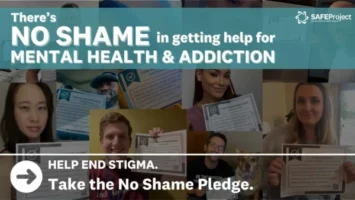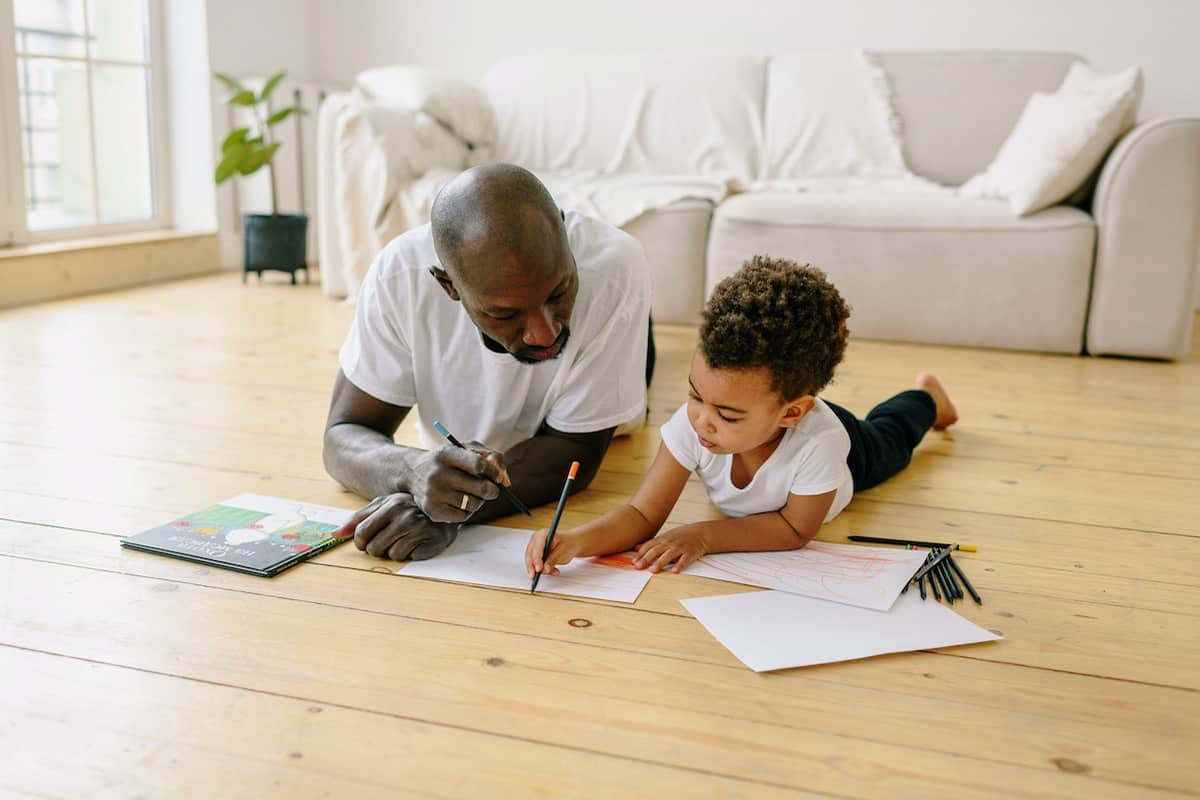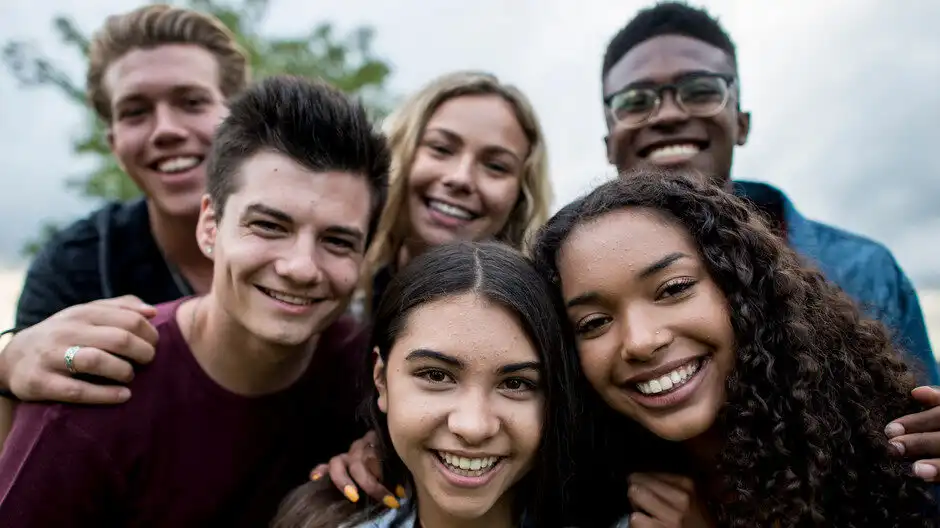Each year, the United States suffers a staggering 100,000+ overdose deaths. While the numbers were down in 2023 for the first time since 2018, these numbers are still staggering — and preventable.
Synthetic opioids, notably those other than methadone, emerged as the primary culprit, implicated in nearly 88% of opioid-involved overdose deaths. Shockingly, despite heightened awareness and efforts to curb prescription opioid misuse, the crisis persists. With up to 70% of opioids prescribed for post-surgical use going unused and the home medicine cabinet identified as the leading source for prescription drugs among children, urgent and comprehensive strategies are imperative.
Tackling the opioid epidemic demands a multifaceted approach encompassing stringent prescription practices, enhanced education on safe medication storage and disposal, expanded access to addiction treatment, and destigmatization of substance use disorders.

Do Your Part to Help Combat Substance Use Disorder
You have the power to destroy unused and expired prescription drugs, keeping them out of the wrong hands, avoiding intentional and unintentional misuse, and protecting the environment at the same time.
Consult with your doctor about the risk of opioid use disorder and alternatives to pain management. As a best practice, unused medications should be disposed of immediately once no longer necessary under the direction of your doctor. This is the best way to protect your family members. Please do not flush medications down the toilet, so they don’t wind up in our rivers and streams. There are several options to dispose of medications in an effective, environmentally friendly way:
- The Drug Enforcement Administration (DEA) holds National Take-Back Days where residents can dispose of medications at a nearby location. Please check the DEA’s website or your local government’s website for more information about these events. Typically, you can dispose of medications at your police station, pharmacy, or hospital.
- There are at-home, ready-to-use drug deactivation and disposal options available. Please follow the instructions listed on the package.
- Needles, syringes, and other sharps are medical waste and should be disposed of in accordance with local regulations. This may be in a medical waste container from your physician or medical supply company or through household hazardous waste collection sites. Typically, aerosols, inhalers, and medical devices are not accepted.If legal in your state, disposal of cannabis products and plants may have their own requirements. Please contact your local waste authority for more information.
- While some events or localities offer amnesty boxes to dispose of illegal substances and drug paraphernalia, this varies. Please use discretion and contact your local harm reduction organization.
Talk to your friends and family about medication safety. Use a locked medicine cabinet or box to secure all prescription and non-prescription drugs. Ask your doctor for more information. Many are available on the market for purchase and are HSA/FSA eligible. Make sure that all of your medications are properly stored out of reach from children and guests. Prescription medications should have a working safety cap that locks and be stored in their original containers.
National Prescription Drug Take Back Day
We can and must take action to educate the public about the risks of unfettered access to unused medication and provide a safe solution for their disposal. While National Prescription Drug Take Back Day is historically held twice a year — in April and October — an at-home disposal program is a critical step to preventing misuse of prescription drugs.

Safe medication disposal is the responsibility of every household, and it is a non-negotiable to have at-home solutions available, especially in light of the current pandemic. We all have the power to make everyday drug take back day.
Additional Resources
-
 Page
PageJoin the No Shame Movement
Join our national movement to combat stigma, because there’s No Shame in getting help for mental health and addiction. -
 Resource
ResourceLessons Learned: Talking to Young Children about a Loved One’s Substance Use
SAFE Project encourages families to start talking about substance use and mental health challenges with children at a young age. -
 Page
PageSAFE Choices:
Serving Youth & Young AdultsPrioritizing the advancement of youth substance use prevention, intervention, treatment, and recovery.





